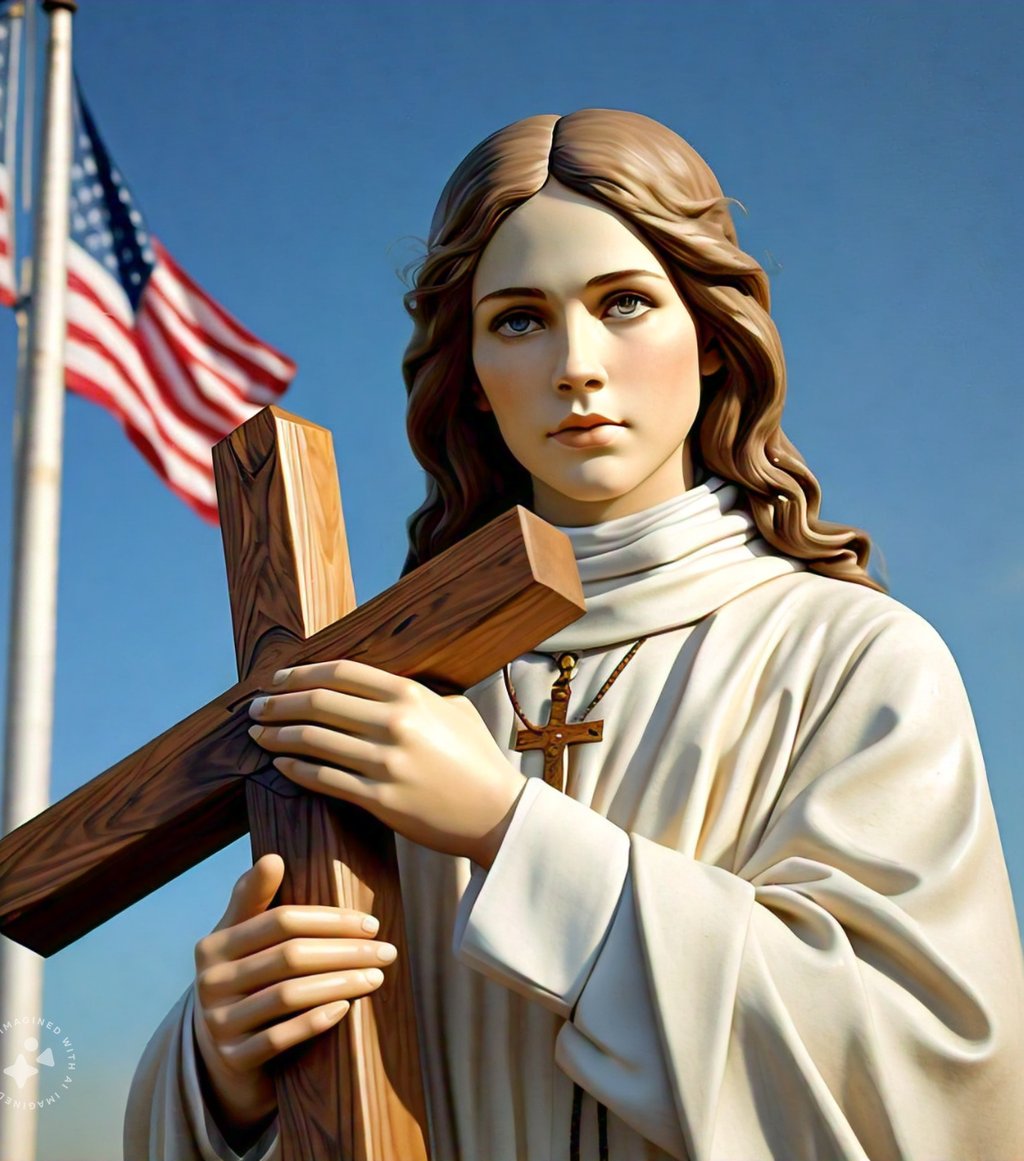The Paradox of Christian Support for Donald Trump


Introduction
In recent years, the political landscape in the United States has been marked by a peculiar phenomenon: a significant number of Catholics, along with other Christian groups, continue to support former President Donald Trump. This support persists despite a plethora of controversies and legal challenges. This blog post aims to explore the paradoxical nature of this support and its implications for the Christian community.
Disconnection Between Faith and Actions
One of the most striking aspects of this phenomenon is the apparent disconnect between the core values of Christianity and the actions of Donald Trump. Christian teachings emphasize values such as honesty, humility, and compassion. However, Trump’s recent conviction on 37 felony charges related to hiding sexual indiscretions, some of which occurred while his wife was pregnant, stands in stark contrast to these values.
Furthermore, Trump has been notorious for his frequent falsehoods and manipulative behavior. His role in inciting a mob to attack his loyal Christian Vice President, Mike Pence, over the latter's refusal to support a fake elector scheme to overturn the 2020 election results, is a glaring example of actions that starkly oppose Christian principles of truth and justice.
The Dilemma of the Catholic Church
The Catholic Church itself has not been immune to the divisions caused by Trump's presidency. Recently, a Catholic bishop was excommunicated by the Pope due to his unwavering support for Trump. This excommunication highlights the internal conflicts within the Church, as it grapples with aligning its teachings with the political inclinations of its followers.
This scenario raises critical questions about the role of the Church in guiding its congregation. Should the Church take a firmer stance against political figures who contradict its teachings, or should it allow its members to make their own political choices, even if those choices seem misaligned with the faith?
The Role of Political Identity
One possible explanation for this paradoxical support lies in the strong association between political identity and religious affiliation in the United States. For many Catholics and other Christians, supporting Trump may be less about endorsing his actions and more about aligning with a political identity that they feel represents their broader values and concerns, such as opposition to abortion and support for religious freedom.
However, this raises a critical question: at what point do the actions of a political leader become so contradictory to Christian values that support for them undermines the very faith they claim to uphold? This is a question that the Christian community must grapple with as it navigates the complexities of modern American politics.
Conclusion
The continued support of many Catholics and other Christians for Donald Trump, despite his numerous controversies and legal troubles, presents a complex and paradoxical issue. It challenges the Christian community to reflect on the alignment between their faith and their political choices. As the United States moves forward, it is crucial for Christians to critically examine the implications of their support and strive to reconcile their political actions with the core values of their faith.
